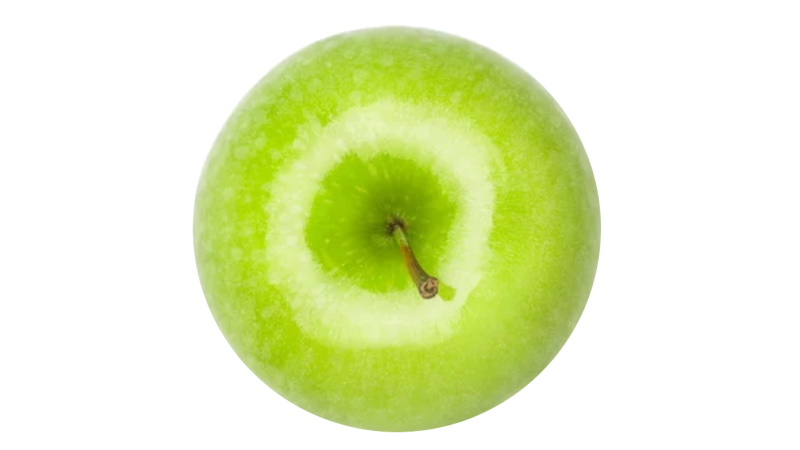The Center For Produce Safety Funds 10 New Research Projects
The Center for Produce Safety (CPS) has announced 10 new research awards valued at more than $2 million. The awards are for research projects directed at answering critical questions in specific areas of food safety practices for fruits and vegetables; preharvest, harvest, and post-harvest handling; and food safety and the environment. The objective is to provide the produce industry with practical, translatable research data that can be used at all levels of the supply chain.
“This year perhaps more than any other, the role that CPS can play in bringing the industry, government, and the scientific and academic communities together is clearly visible,” said Tim York, President, Markon Cooperative, Inc., and Chair for the CPS Board of Directors. “The funding for this year’s projects comes from a combination of contributions to CPS’ Campaign for Produce Safety and state block-grant funds.”
Dr. Kyle Bibby, University of Pittsburgh and a first-time CPS award recipient, said he is excited to team with CPS. “CPS helps to link fundamental research with real-world practice, and helps us as researchers to access industry,” he said.
“Our research will begin developing an indicator for viral pollution in irrigation water that is more reliable than the indicators that are currently available. We know how vital irrigation water safety and quality is to growers, and to public confidence in the safety of fresh produce.”
The awards were made possible by funds provided by the Center for Produce Safety’s campaign contributors, the California Department of Food and Agriculture Specialty Crop Block Grant Program and Florida Department of Agriculture and Consumer Affairs Specialty Crop Block Grant Program.
2016 Request for Proposals Grant Recipients (Projects will begin January 2017):
Ana Allende, CEBAS CSIS Spain
Establishment of operating standards for produce wash systems through the identification of specific metrics and test methods
Mary Anne Amalaradjou, University of Connecticut
Listeria monocytogenes growth and survival on peaches and nectarines as influenced by stone fruit packing house operations, storage, and transportation conditions.
Kyle Bibby, University of Pittsburgh
Developing Cross-Assembly Phage as a Viral Indicator for Irrigation Waters
Linda Harris, University of California, Davis
Characterization and mitigation of bacteriological risks associated with packing fresh-market citrus
Gerardo Lopez, University of Arizona
Cyclospora: Potential Reservoirs and Occurrence in Irrigation Waters
Xiaonan Lu, University of British Columbia
Detection, validation, and assessment of risks implied by the viable but non-culturable (VBNC) state of enteric bacterial pathogens in fresh produce
Trevor Suslow, University of California, Davis
Resolving postharvest harborage sites of Listeria protects Zone 1 surfaces
Keith Warriner, University of Guelph
Significance of the dormant state in the persistence, interaction with growing plants and virulence of Shiga Toxin producing Escherichia coli
Martin Wiedmann, Cornell University
Remotely-sensed and field-collected hydrological, landscape, and weather data can predict the quality of surface water used for produce production
Meijun Zhu, Washington State University
Control of Listeria monocytogenes on apple through spray manifold-applied antimicrobial intervention










